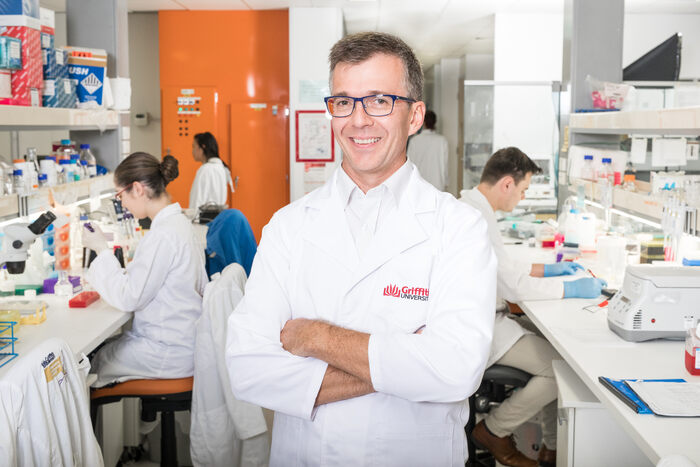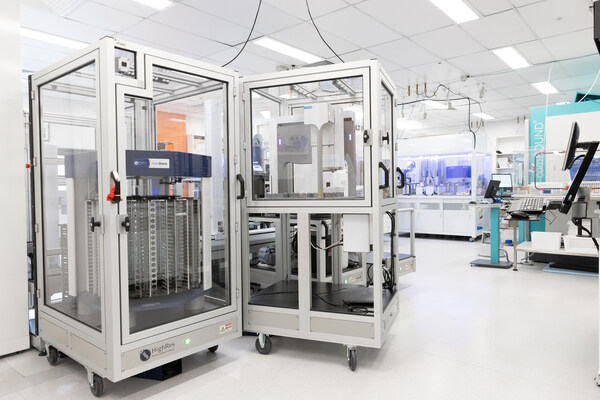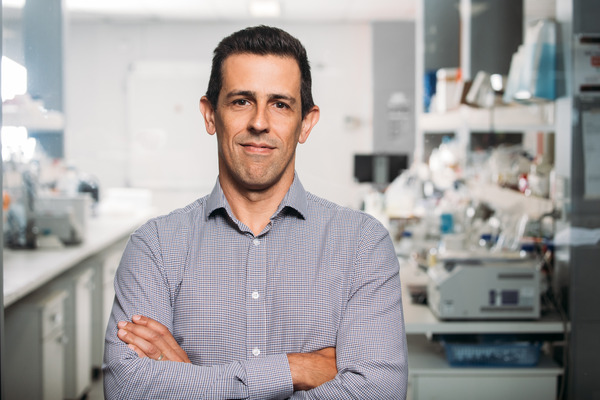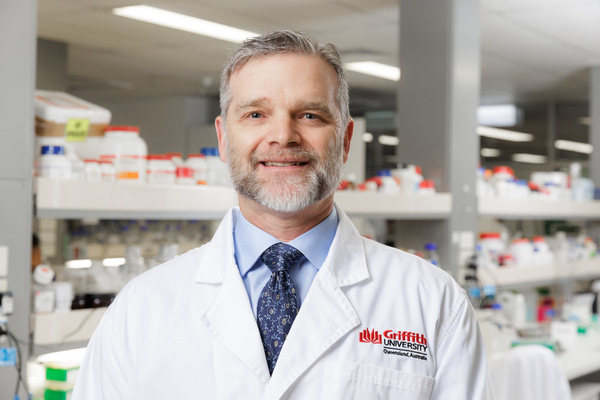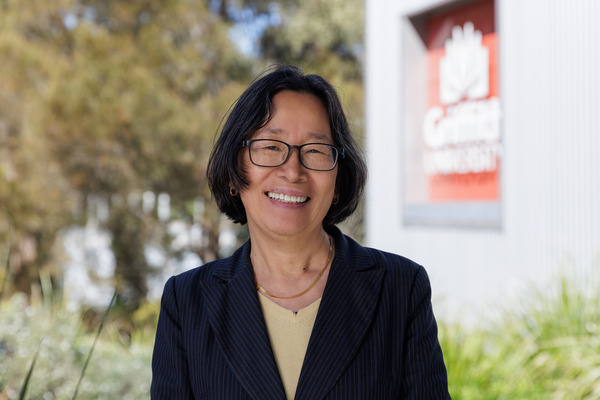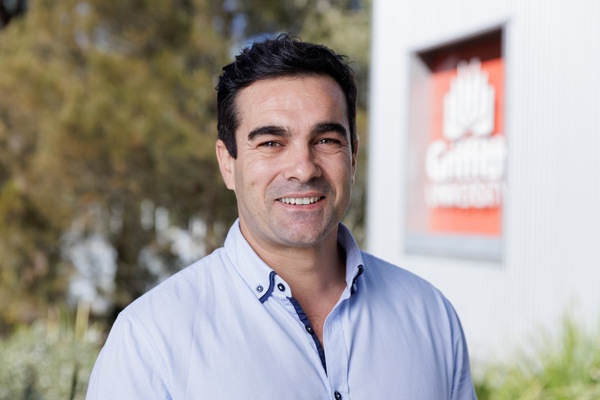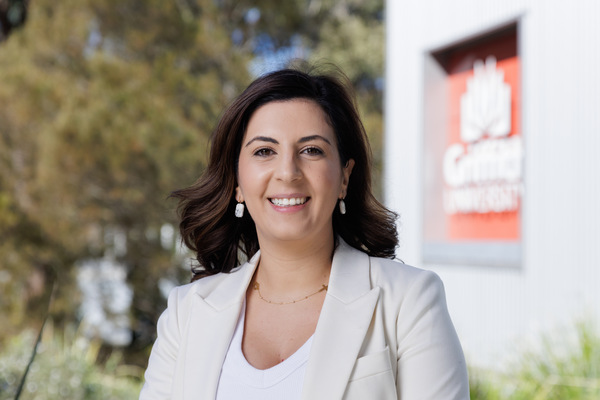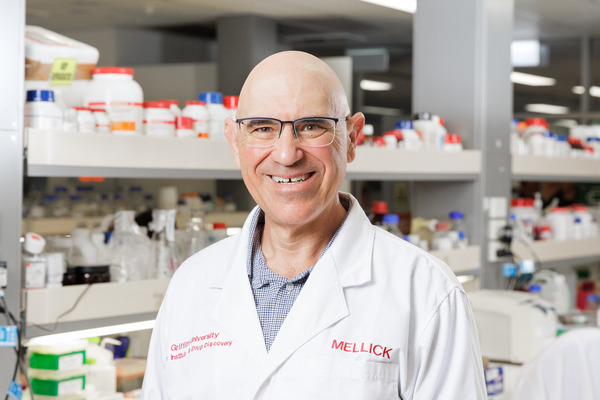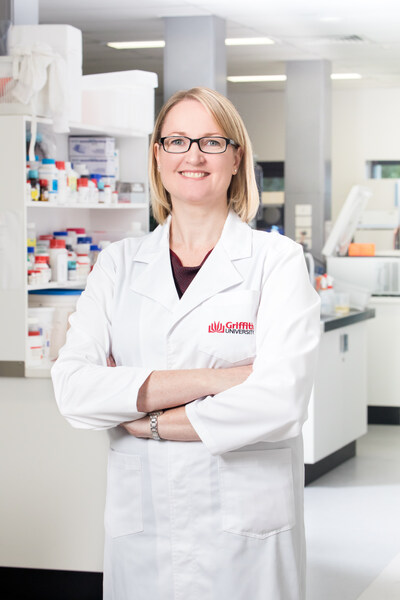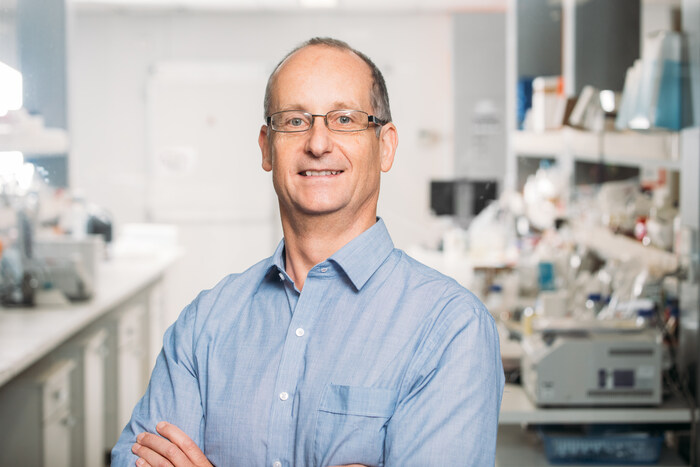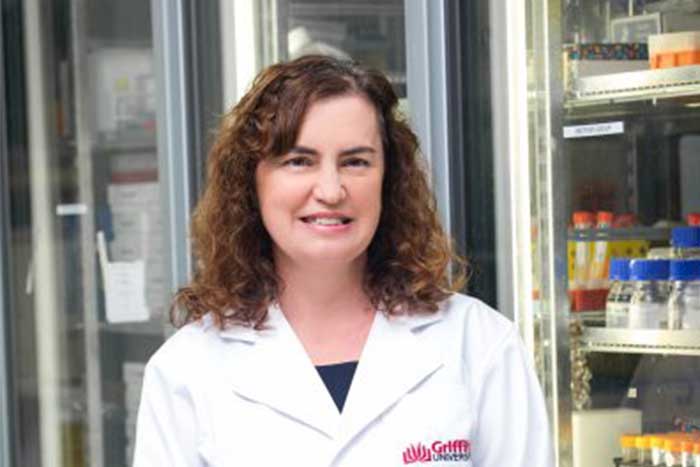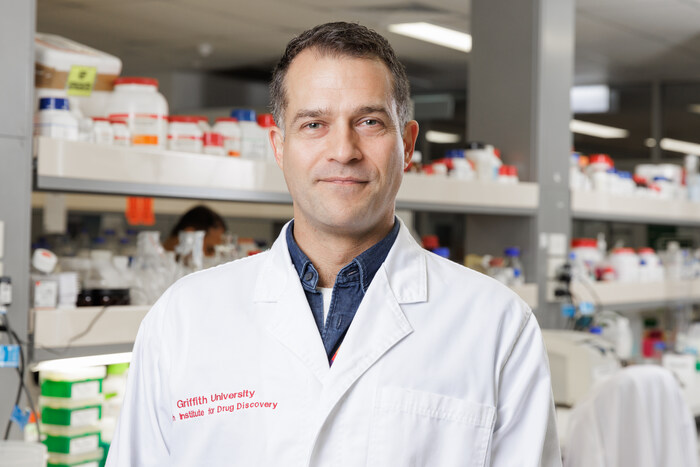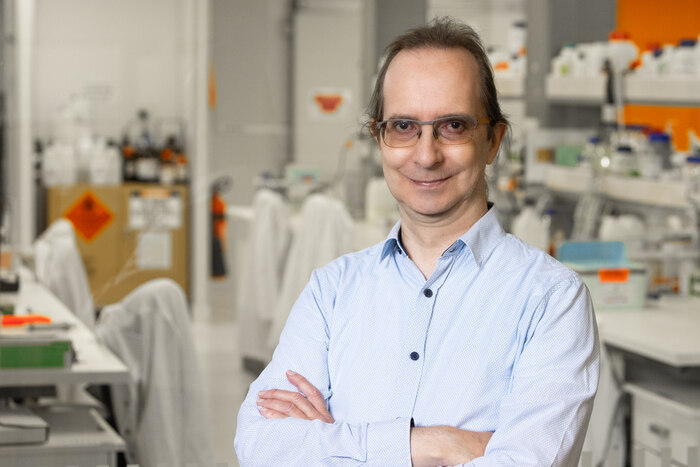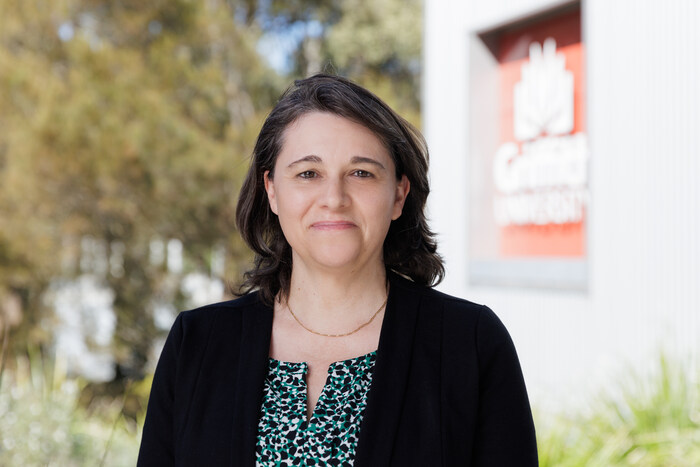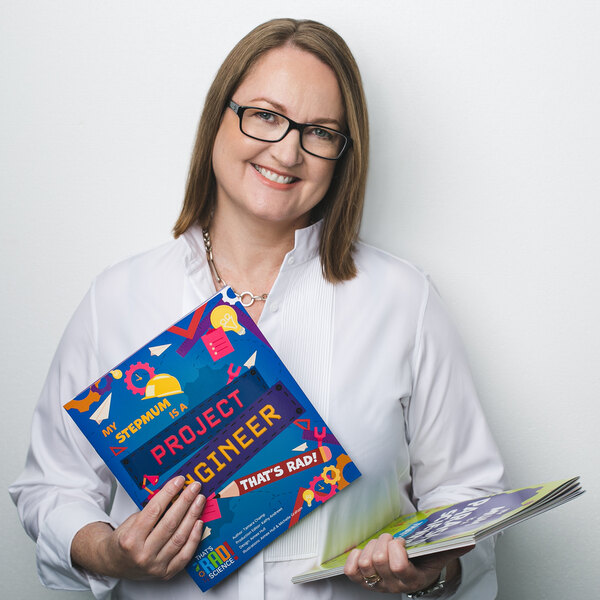Salivary diagnostic tests are on track to provide us with sorely needed effective and cheap tools that allow for the early detection and treatment of a range of illnesses.
In the fight against a range of diseases, we often first look to tackle how they can be treated or cured. However, this can overlook an important area of disease management – having effective diagnostic tests that allow for the early detection and treatment of illness, even before symptoms arise. Added to this issue is that diagnostic methods need to be accessible, easy to use and low-cost, particularly in resource-poor settings such as regional and rural Australia.
Professor Chamindie Punyadeera and her team at the Griffith Institute for Drug Discovery and Menzies Health Institute at Griffith University work in the areas of salivary diagnostics and liquid biopsies, with a current focus on heart failure and cancers. They collaborate with industry, consumers and academic partners to take their discoveries from concept through to commercialisation, accelerating precision health.
For example, Professor Punyadeera and her team worked closely with industry partner Viome Life Sciences, Inc to develop CancerDetect™, a non-invasive salivary diagnostic test that is the first to detect biomarkers for early-stage oral and throat cancers, including in people with no symptoms of the disease.
Oral and throat cancers can often go undetected until they have reached an advanced stage, leading to low survival rates. CancerDetect™ allows for treatment strategies to be implemented earlier. CancerDetect™ is now commercially available through Viome Life Sciences, Inc as an off-the-shelf kit accessible to individuals and clinicians, and was designated as a breakthrough device by the United States Food and Drug Administration.
Excitingly, the platform technology used by CancerDetect™ could also be used to develop tests for other cancers and diseases.
“The oral and throat cancer diagnostic is a first-of-a-kind proof of concept, the platform for which is being used to establish a repeatable method for rapidly developing and validating novel diagnostics and therapeutics. We are happy to make this cutting-edge platform available to the scientific community via grants,” said Dr Guruduth Banavar, Chief Technology Officer, Viome Life Sciences, Inc.
Professor Punyadeera’s research has also contributed to work being undertaken by ESN Cleer to detect and treat early-stage heart failure. There is currently no diagnostic test for heart failure, meaning that patients aren’t typically treated for the condition until they present with a near-death experience. ESN Cleer aims to use a salivary test to detect biomarkers related to pre-heart failure in patients, thus allowing for earlier treatment and survival rates.
Professor Punyadeera and her team will continue to collect and translate important information into effective and accessible diagnostic tools. For example, they are making strong strides towards a saliva-based screen to detect persistent oral human papillomavirus (HPV) infection which is linked to an increased risk of developing head and neck cancers. The team made a world first discovery when they detected a 2 mm occult HPV driven throat cancer in a healthy person with no clinical symptoms of cancer. This breakthrough finding paves the way towards a screening program to detect oropharyngeal cancer at an earlier stage than currently possible.
“I will continue to champion and validate the use of saliva-based testing as a standard clinical tool for the screening and early detection of a range of diseases for at-risk populations. These simple, non-invasive tests have the potential to save people’s lives,” said Professor Punyadeera.
Professor Punyadeera and her team are open to collaborations with industry and academic groups. To learn more about Professor Punyadeera’s research and her contact details:
Professor Punyadeera is an advocate for women in STEM and a champion of the CALD Women in Technology Program.
We are very grateful for any individual or corporate donations and bequests to help us take our research forward. To contribute to GRIDD’s ground-breaking research please find more information here:
Through the GRIDD Director’s Circle you can also help provide career and personal development opportunities for GRIDD’s students and early career researchers.
To keep up to date with developments at GRIDD:
Sustainable Development Goals
Griffith University is aligned with the United Nation’s Sustainable Development Goals (SDGs) and is committed to tackling global challenges around good health and well-being (SDG 3) and partnerships for the goals (SDG 17).
